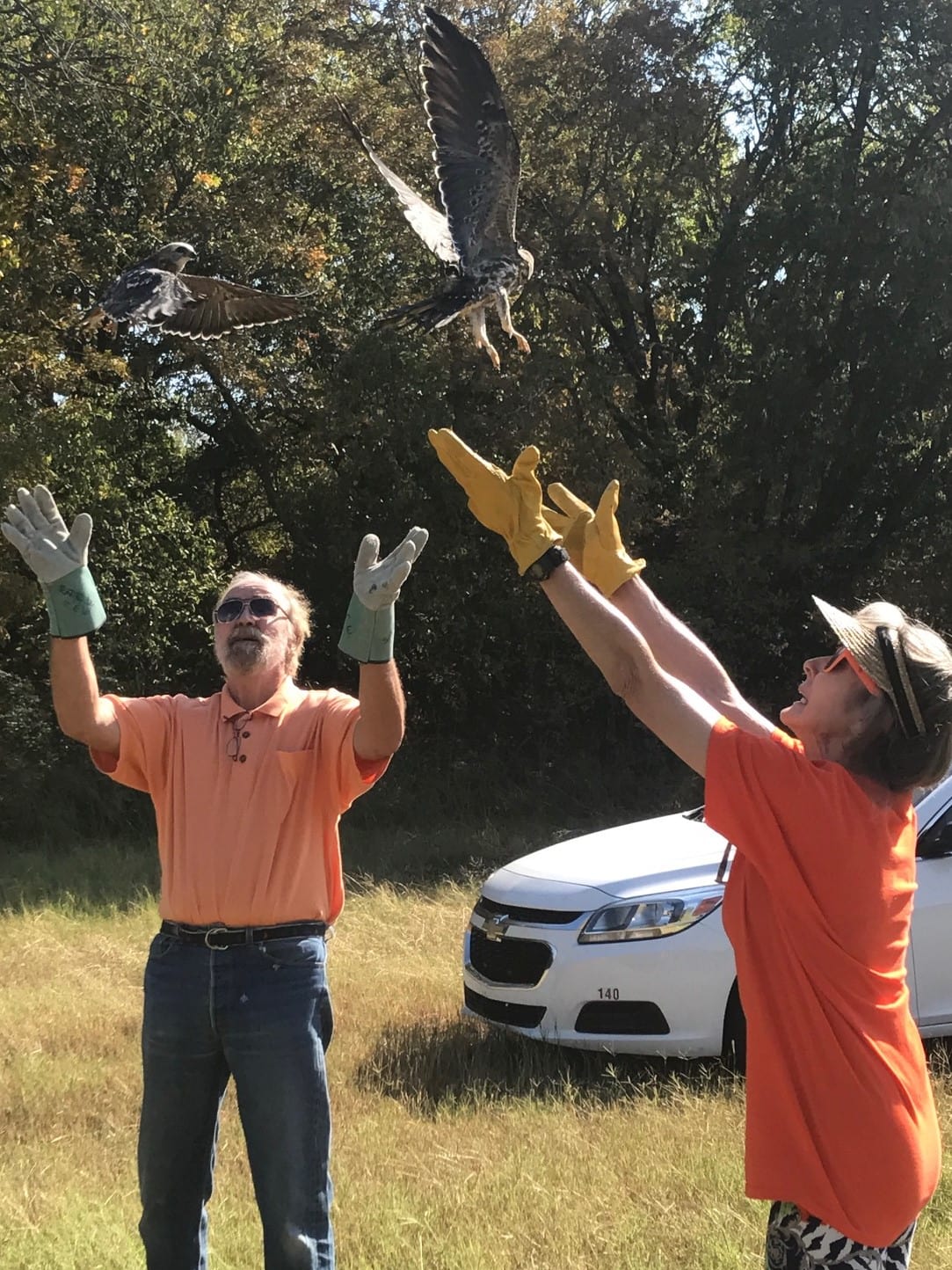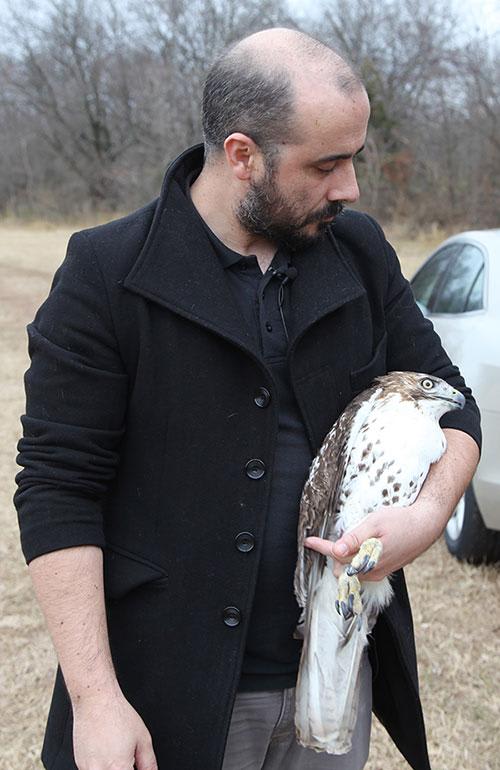This project is now in update mode. Check back regularly to see how things are progressing.
Spring 2018 - We Strive to Conserve Oklahoma Wildlife
 Here's How We Do It
Here's How We Do It
Conservation
The ultimate goal of our efforts is to rehabilitate and release animals back to the wild.
Research
Our research helps progress veterinary medicine with a focus on wildlife conservation and rehabilitation.
Education
Veterinary students learn many new skills in our wildlife service. This experience is directly applicable to other species and is an important part to becoming a well-rounded veterinarian.
We Need Your Help
The Oklahoma State University Veterinary Medical Hospital provides care for sick and injured wildlife free of charge to the public. However, the treatments provided to wildlife must be covered by donations as the hospital does not receive any designated state funds for this purpose. The wildlife service treats approximately 500 animals per year at an average cost of $80 per animal, adding up to $40,000 per year. Your gift, no matter the size, will help us care for these wonderful animals when they need us most.

(Pictured is Dr. Brandao, Assistant Professor, Zoological Medicine; Photo credit cvhs.okstate.edu/news)
Gifts to this project through the OSU Foundation, a 501(c)(3) organization, are tax deductible as allowed by law. If you have questions about your gift, please contact the OSU Foundation at 800.622.4678.
$20.09
Establishment
The Wildlife Care Fund was established in 2009 to provide support to the Zoo, Exotic and Wildlife service at the OSU Veterinary Medical Hospital.
$80
Care
The average cost of care for an animal is around $80. The types of services needed are first aid, wound management, disease management and fracture repair.
$120
White Pelican
Did you know that a White Pelican's wing span can range up to 120 inches wide?
$270
Great Horned Owl
Did you know that a great horned howl can rotate its head 270 degrees?
$500
Cases
The Wildlife ward treats around 500 wildlife cases annually. Some of the most common animals treated are rabbits, armadillos, song birds, hawks and owls.


